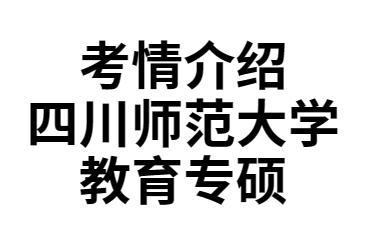
Lesson 27: Nothing to sell and nothing to buy
没有东西可卖也没有东西可买
It has been said that everyone lives by selling something. In the light of this statement, teachers live by selling knowledge, philosophers by selling wisdom and priests by selling spiritual comfort. Though it may be possible to measure the value of material good in terms of money, it is extremely difficult to estimate the true value of the services which people perform for us. There are times when we would willingly give everything we possess to save our lives, yet we might grudge paying a surgeon a high fee for offering us precisely this service. The conditions of society are such that skills have to be paid for in the same way that goods are paid for at a shop. Everyone has something to sell.
Tramps seem to be the only exception to this general rule. Beggars almost sell themselves as human beings to arouse the pity of passers-by. But real tramps are not beggars. They have nothing to sell and require nothing from others. In seeking independence, they do not sacrifice their human dignity. A tramp may ask you for money, but he will never ask you to feel sorry for him. He has deliberately chosen to lead the life he leads and is fully aware of the consequences. He may never be sure where the next meal is coming from, but he is free from the thousands of anxieties which afflict other people. His few material possessions make it possible for him to move from place to place with ease. By having to sleep in the open, he gets far closer to the world of nature than most of us ever do. He may hunt, beg, or steal occasionally to keep himself alive; he may even, in times of real need, do a little work; but he will never sacrifice his freedom. We often speak of tramps with contempt and put them in the same class as beggars, but how many of us can honestly say that we have not felt a little envious of their simple way of life and their freedom from care?
第50篇---New Year Resoutions 新年决心。这篇初读就觉得有鲁迅杂文般的质感,既讽刺又幽默。 从开篇的The New Year is a time for resoluions, 新年是一个下决心的好时候,就开始开启嘲讽技能。Mentally(只是心理上), at least, most of us could compile formidable lists of 'dos' and 'don't',至少我们个人精神上都会制定一个令人望而生畏的“要做什么”“不能做什么”的清单。前两句读起来就非常辛辣了。从高级词汇的使用角度来讲,recur 完全可以作为happen的同义替换词; year in and year out 年复一年,是不是比我们用烂掉的time after time, again and again, year after year 要好上很多。类似的还有很多完全可以在雅思写作或者口语里面运用到的短语,如 monotonous regularity; beyond attainment; slip back into our bad old ways; pitfalls;assiduously; taunts and jibes,都很实用而且地道。
第41篇---illusions of pastoral peace.宁静田园生活的幻想。稍微改头换面一下,就是一篇绝美的雅思作文题或者口语回答的范本啊! 比如经典的口语老题:Do you enjoy living in countryside? 回答: Yes, I do. I think country life is somehow superior to town life. I love everything about it such as friendly people there, the clean atmosphere, the closeness to nature and the gentle peace of life. Nothing in city can be compared with the first cockcrow, the twittering of birds at dawn and the sights of the rising sun glinting on the trees and pastures. 有没有有没有一种背到就是赚到的感觉?













